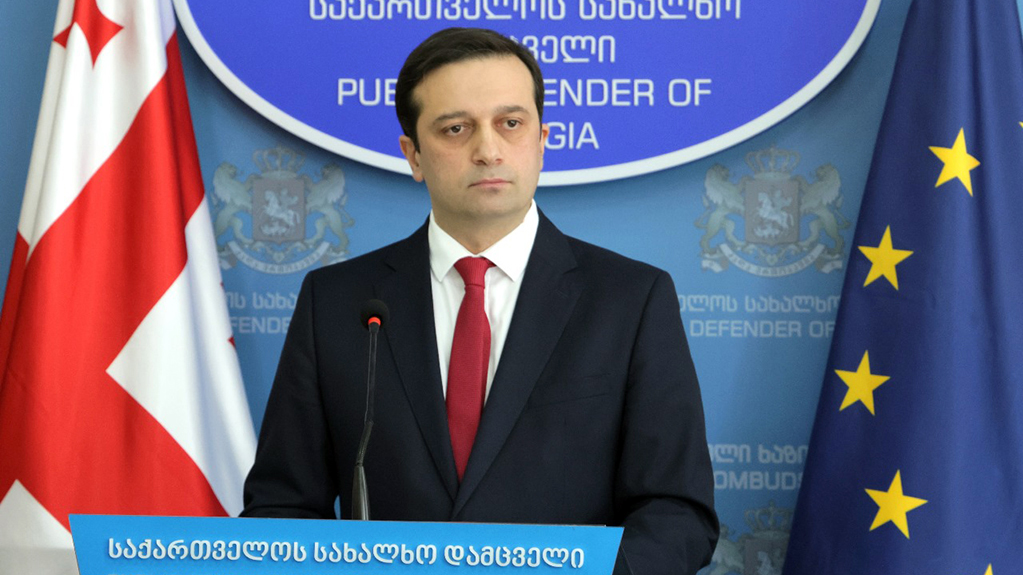The Public Defender of Georgia, Levan Ioseliani, states that achieving organizational transparency is possible even without Russian law. He further emphasizes that the parliament should avoid adopting any legal act that could jeopardize Georgia's integration into the European Union and NATO.
News
Today, the Public Defender responded again to the re-initiation of the "Transparency of Foreign Influence" bill in Parliament. He stated that enhancing the transparency of foreign aid flows to Georgia and the accountability of recipient organizations is a legitimate goal. However, he emphasized that this goal can be achieved without disproportionately interfering with the right of association.
According to the Public Defender's opinion, this goal can be easily achieved by making appropriate changes to the Law on Grants and modifying the eAIMS database.
Since 2020, Georgia has had an eAIMS database, a collaborative effort between the Ministry of Finance, the Office of the State Minister for Integration into European and Euro-Atlantic Structures, and the Government Administration. This database, accessible on a publicly available website, allows interested individuals to access information on donors, funding types, projects, and thematic areas. Additionally, the portal features a user-friendly search system for storing information on the expenses incurred by organizations.
The Public Defender notes that the OSCE/ODIHR considered similar draft laws initiated in Parliament a year ago as "initiatives incompatible with basic human rights."
The ombudsman cites Article 78 of the Constitution, which states that constitutional bodies must take all measures within their powers to ensure the full integration of Georgia into the European Union and the North Atlantic Treaty Organization.
"The above should be taken into account, as similar arrangements reflected in the legislation of other countries have been negatively evaluated by the European Court of Human Rights, the Court of Justice of the European Union, OSCE/ODIHR, the Commissioner for Human Rights of the Council of Europe, the Venice Commission, and the UN Special Rapporteur in relation to the freedom of association and expression, as well as the right to privacy.
Accordingly, the Parliament should refrain from adopting any legal act that might endanger the implementation of Georgia's constitutional aspirations.
Special attention should be paid to the fact that the presented draft law creates the basis for the collection and disclosure of a large amount of personal data about any person in various (labor or service contractual) relationships with organizations, which may infringe the right to privacy," the Public Defender's statement said.
The Public Defender of Georgia expresses readiness to hold additional consultations with the authors of the draft law to ensure that the considered initiatives comply with human rights standards.
Georgian Dream has reintroduced the draft law on so-called foreign agents, which it rejected a year ago, in response to a large-scale public protest. The party has promised to recall it "unconditionally, without any reservations" from parliament. The text of the draft law remains the same, with only the term "agent of foreign influence" being replaced by "organization carrying out the interests of a foreign power." Despite the potential harm to Georgia's European integration process, the ruling party intends to pass the Russian law before the end of the spring session.















